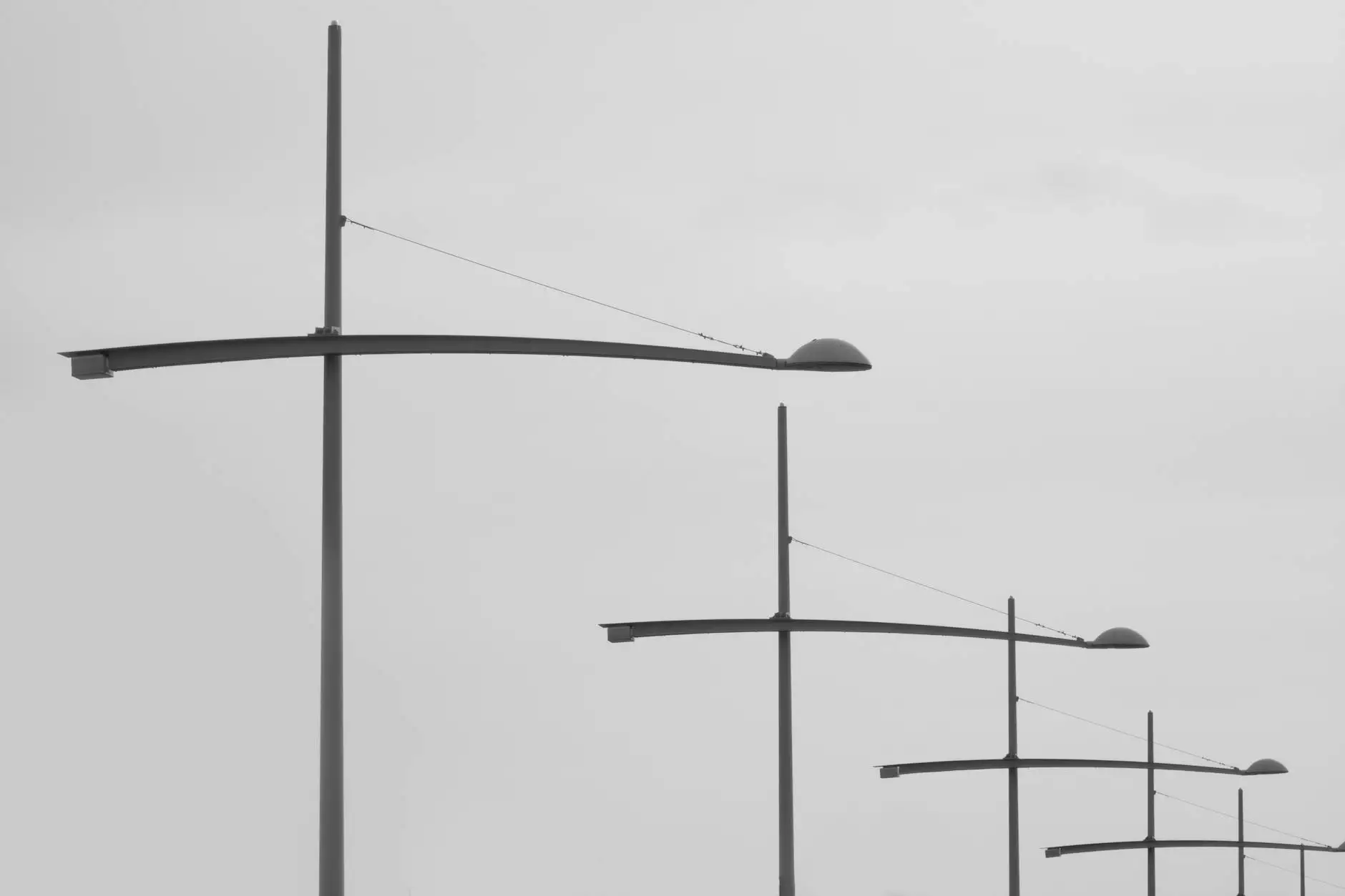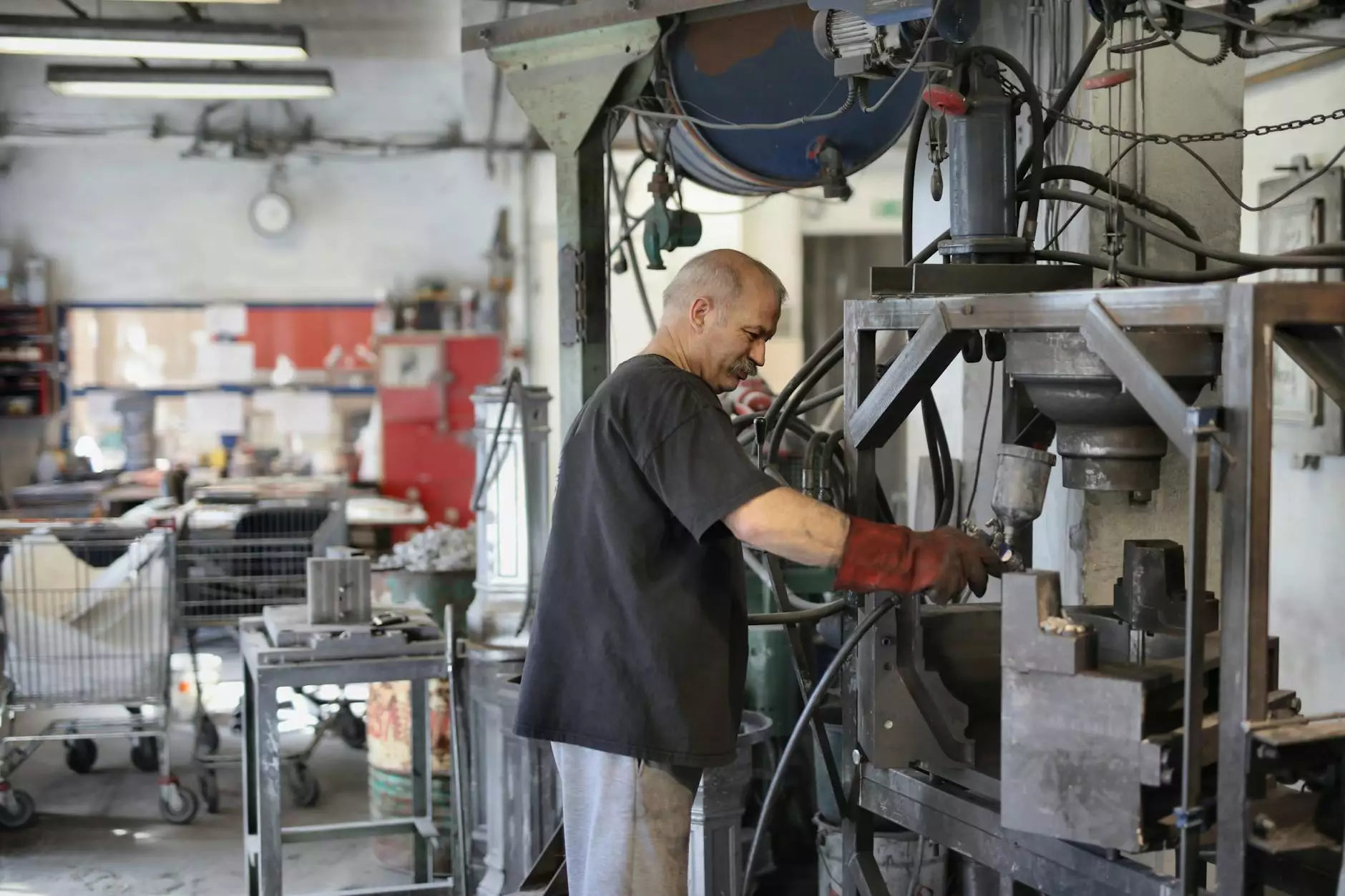Understanding Bad Wiring in Your House: Risks, Prevention, and Solutions

Electrical systems are the backbone of modern living. However, one of the most significant threats to safety and functionality in any home is bad wiring in the house. In this article, we will explore the implications of faulty wiring, how to identify potential issues, and what steps you can take to ensure your electrical system is safe and sound.
The Importance of Safe Wiring in Your Home
Safe and efficient wiring is crucial not only for the functionality of your electronic devices but also for the overall safety of your home.
- Preventing Electrical Fires: Bad wiring can lead to overheating and short circuits, which are major fire hazards.
- Avoiding Electrical Shock: Improperly installed or damaged wiring poses a significant risk of electrical shocks.
- Enhancing Efficiency: Proper wiring ensures that your appliances operate efficiently, which can lead to lower utility costs.
Common Signs of Bad Wiring
Recognizing the signs of bad wiring in your house is the first step toward addressing potential issues. Here are some common indicators:
1. Flickering Lights
If your lights flicker or dim unexpectedly, it can indicate an electrical problem. This situation often arises from loose connections or overloaded circuits.
2. Frequent Circuit Breaker Trips
When your circuit breaker constantly trips, it signals that your electrical system is overloaded, which can be due to faulty wiring.
3. Discolored Outlets
Inspect your outlets regularly. If you notice any discoloration or burn marks, this may indicate overheating caused by bad wiring.
4. Burning Smell
A burning smell emanating from devices, outlets, or appliances is an immediate warning sign. This could mean that wires are overheating and potentially starting to burn.
5. Buzzing Sounds
If you hear buzzing or crackling sounds from your electrical outlets, it could be due to faulty wiring or connections.
Why Does Bad Wiring Happen?
Understanding the causes of bad wiring can help homeowners take preventative measures. Here are some common reasons:
- Poor Installation: Hiring inexperienced or unqualified electricians can lead to improper wiring installations.
- Wear and Tear: Over time, wear and damage to wiring can occur due to aging, pests, or environmental factors.
- Too Many Devices: Overloading outlets by plugging in too many devices can strain wiring and create faults.
- Outdated Wiring: Older homes may still have outdated wiring systems which are not up to modern safety standards.
Preventing Bad Wiring in Your Home
Proactive measures can significantly reduce the risk of bad wiring. Here are several strategies to keep your home's electrical system safe:
1. Regular Electrical Inspections
Schedule regular inspections with a qualified electrician to ensure your wiring is up-to-date and functioning correctly. Annual check-ups can catch potential issues before they escalate.
2. Upgrade Outdated Wiring
If your home is older, consider upgrading to modern wiring systems that meet current safety codes. This upgrade not only enhances safety but also increases your home’s value.
3. Avoid Overloading Circuits
Be mindful of how many devices you’re plugging into outlets. Use power strips wisely and avoid daisy-chaining multiple strips together.
4. Use Quality Materials
When performing electrical work, always use high-quality materials. This includes cables, outlets, and circuit breakers, which can withstand the demands of today's energy consumption.
What to Do If You Suspect Bad Wiring
If you believe you have bad wiring in your house, it’s crucial to take action immediately:
1. Turn Off Power
If you notice signs of bad wiring, the first step is to turn off the power to the affected area to prevent shock or fire hazards.
2. Conduct a Visual Inspection
Check your outlets, switches, and visible wires for signs of damage, such as fraying or corrosion.
3. Call a Professional Electrician
Always consult a licensed electrician to diagnose and repair electrical issues. Do-it-yourself fixes can lead to more significant problems if you are not trained in electrical work.
Cost Implications of Bad Wiring
Addressing bad wiring can involve significant costs, depending on the extent of the damage. Here are some financial considerations:
- Repair Costs: Minor issues can sometimes be repaired for a few hundred dollars, while major rewiring can run into thousands.
- Insurance Claims: Depending on your insurance policy, some costs related to fire damage from bad wiring may be covered.
- Energy Efficiency: Investing in upgraded wiring can lead to energy savings, which can offset initial repair costs over time.
The Importance of Choosing the Right Electrician
When it comes to fixing bad wiring, choosing the right professional is essential. Here are key factors to consider:
1. Experience and Qualifications
Ensure your electrician is licensed and insured. Look for professionals with a good track record and plenty of experience handling similar issues.
2. Transparent Pricing
Choose an electrician who provides clear, upfront estimates. This helps avoid unexpected costs and ensures you receive fair pricing for the work done.
3. Positive Reviews
Research feedback from previous customers to gauge the quality of work and customer service the electrician provides. Websites like wallselectrical.ca can offer insights into reputable local contractors.
Conclusion: Take Action against Bad Wiring
The implications of bad wiring in your house can be severe, including potential fire hazards and electrical shocks. By being proactive—recognizing the signs, preventing issues, and calling professionals when necessary—you can protect your home and ensure your electrical system operates safely and efficiently. The investment in safe wiring pays off in peace of mind, convenience, and cost savings in the long run.
For those living in Canada, consider reaching out to experts such as Walls Electrical to address any wiring concerns you may have. Their commitment to high-quality service and safety can help ensure your home remains a safe haven for you and your family.
bad wiring in house








